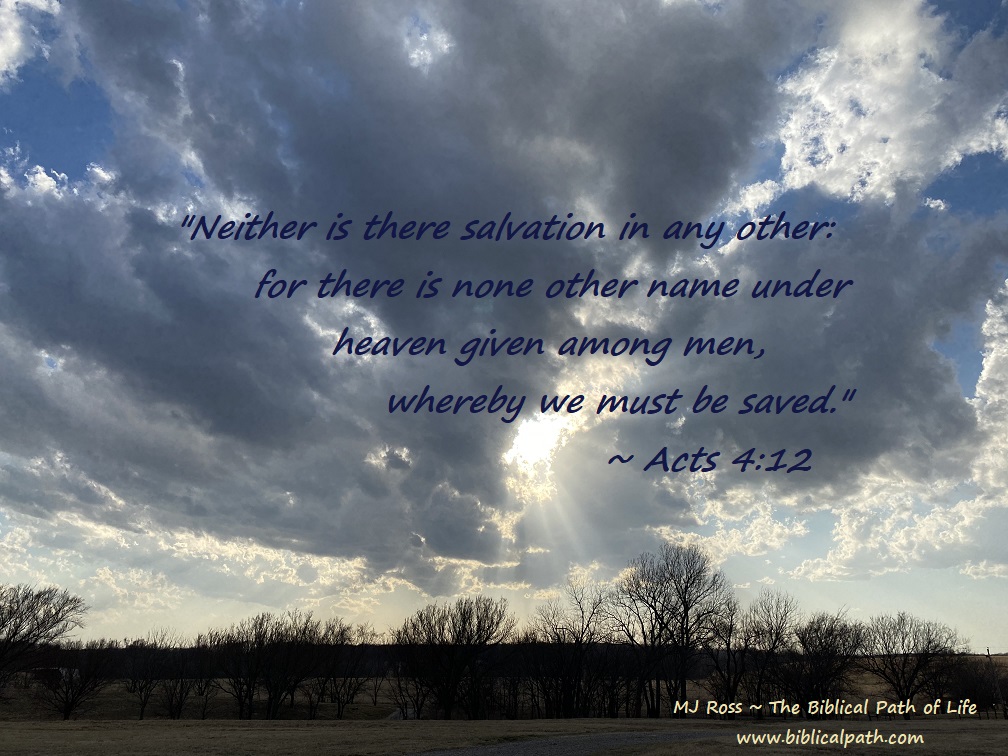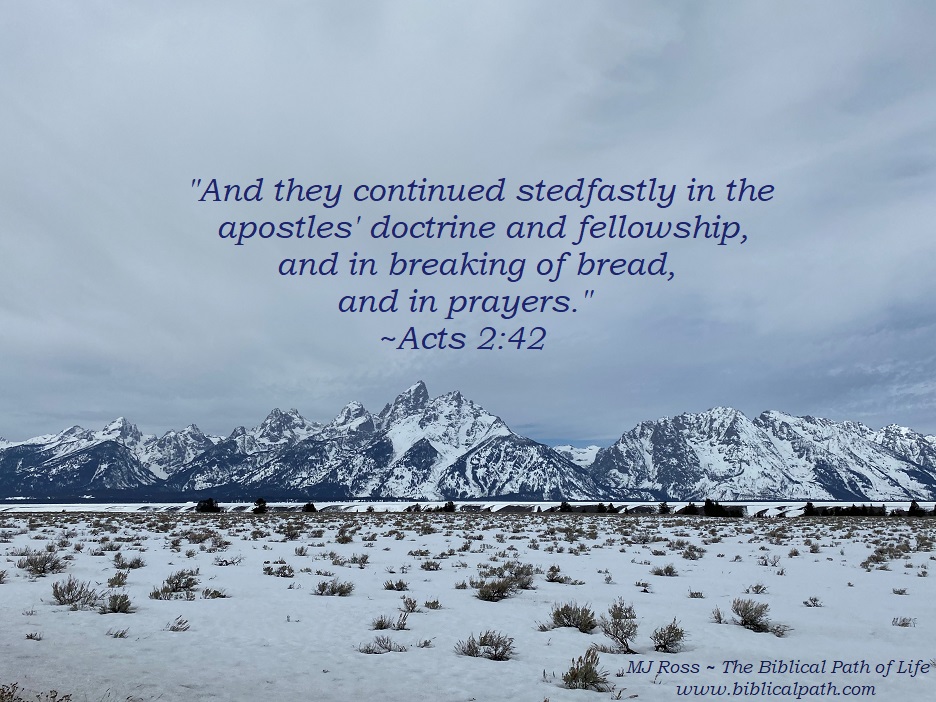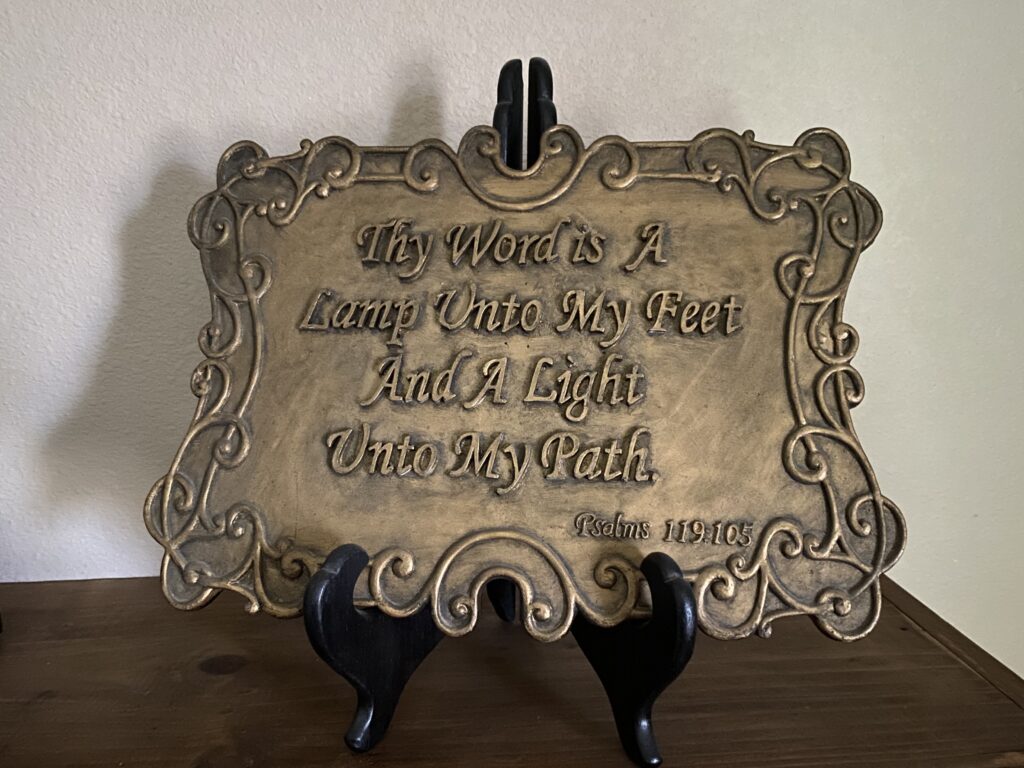
Acts 6:8
In the early church, the new Believers were encouraged to continue, “stedfastly in the apostles’ doctrine and fellowship, and in breaking of bread, and in prayers” (Acts 2:42). However, soon there were thousands of new Believers, and they chose men to help in the ministry of the church. Once they chose these men to be ministers, see what we read. “And the word of God increased; and the number of the disciples multiplied in Jerusalem greatly; and a great company of the priests were obedient to the faith” (Acts 6:7). God blessed, and more people were saved.
Stephen was one of the seven men chosen who stood out in his service to God. “And Stephen, full of faith and power, did great wonders and miracles among the people” (Acts 6:8). Recognize that when God begins to work, Satan likes to stir trouble. “Then there arose certain of the synagogue … disputing with Stephen” (Acts 6:9). The religious leaders began to argue with Stephen. Understand something important. “And they were not able to resist the wisdom and the spirit by which he spake” (Acts 6:10). Consider what Jesus had taught his followers. “For I will give you a mouth and wisdom, which all your adversaries shall not be able to gainsay nor resist” (Luke 21:15). Gainsay means “contradict.” They may not have received the truths that Stephen taught about faith in Jesus, but they could not refute those truths either.
Because the religious leaders did not like what Stephen was doing, or what he was saying, read the following to understand what they did next. “Then they suborned men, which said, We have heard him speak blasphemous words against Moses, and against God” (Acts 6:11). Suborned means “to introduce underhandedly; to make a secret agreement; to suborn in the legal sense means to induce a person to make a false oath; to commit perjury.” They not only stirred up all of the people, but they set up false witnesses, erroneously accusing Stephen. These men brought Stephen before the council and accused him of speaking against the Temple and the Law of Moses (see Acts 6:12-13).
When that happened, Stephen preached the Gospel message to them, which in essence, was a fulfillment, or completion, of the Law of Moses. He explained to them from the Old Testament Scriptures, in a review of their history, a bold defense of the Christian faith. He offered to the religious leaders a Biblical theology in his examination of the Old Testament in light of Jesus’ coming. In his remembrance, he made it a point to remind them that throughout their history, there was never a time that the entire nation worshiped God – but there was always a remnant of true Believers.
Stephen began with Abraham, a true man of faith! For when God told him to leave his family and walk with God, Abraham followed God’s Word. When God told Abraham He would bring forth a great nation from him (even though he was old and childless), Abraham believed God. God proceeded to give Abraham a son, Isaac, who fathered the sons who became the twelve tribes of Israel.
Stephen reminded them of Joseph (who was initially rejected by his brothers), and Moses (who was initially rejected by his people). Even though both of these men were rejected at first, they were received as leaders the second time. It was then that they were able to save God’s people in that time in history.
Yet as Stephen reminded the religious leaders of these great men of their history, these religious leaders (who knew the history in the Old Testament) had rejected the greatest deliverer presented to them – Jesus. For Jesus had come to, “… save His people from their sins” (Matthew 1:21). Stephen rebuked these religious leaders for their unbelief. Remember, it was some of these same religious leaders who had not only rejected Jesus, but had demanded His death.
What was their response to Stephen’s presentation of Jesus? “When they heard these things, they were cut to the heart, and they gnashed on him with their teeth” (Acts 7:54). These religious leaders were “cut to the heart,” but instead of repenting and turning to Jesus (as we saw many people had done), they ran upon Stephen and bit him with their teeth. Notice that Stephen did not fight back, but looked up and saw into heaven. When Stephen declared that he saw Jesus, “Then they cried out with a loud voice, and stopped their ears, and ran upon him with one accord” (Acts 7:57). They put their hands over their ears and ran upon him, hostilely. They proceeded to stone Stephen. Yet Stephen had forgiven his enemies, and Jesus received him into heaven.
These religious leaders, who had studied the Old Testament Scriptures, yet they had not kept the words recorded therein – for they rejected Jesus, the One of whom it was all written. Remember what Jesus replied to the High Priest before His death. “… Hereafter shall ye see the Son of man sitting on the right hand of power, and coming in the clouds of heaven” (Matthew 26:64). Then, they will believe in Jesus.
Have you believed upon Jesus whom the Old Testament history presents as our Saviour?







